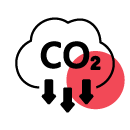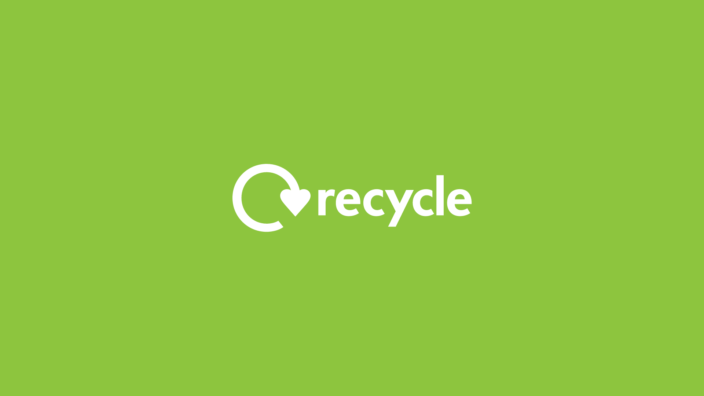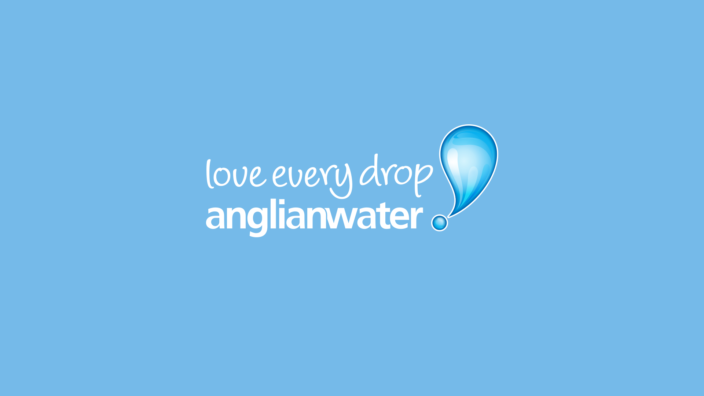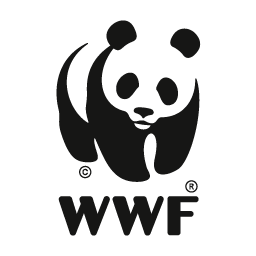The climate context

Passenger cars contribute >40% of all global transport emissions

10kg of carbon is emitted for every cubic metre of potable water consumed

The world is already 1.2°C hotter than it was in 1900

If we don’t stop climate warming global sea levels could rise 2ft by 2100

Meat and dairy are responsible for 18% of total global GHG emissions

More people are now displaced annually by climate change than conflict
Our expertise and examples of our work
Behaviour change
Failure to mitigate climate change and failure to adapt to climate change top the 10-year risks in the World Economic Forum’s 2023 risk report. Experts have climate action as by far their top priority in Globescan’s 2023 analysis of the most important current Sustainable Development Goals. Extreme weather events are the new normal.
Our focus at Corporate Culture is on behaviour change, which the IPCC believes could reduce GHG emissions by between 40% and 70% by 2050. Behaviours include saving water, saving energy, switching to electric vehicles, reducing meat and dairy consumption, recycling more, reducing food waste, bicycling more, using public transport, and adapting how we heat our homes. Our track record is second to none, including the original strategies for the UK’s Recycle Now and Love Food Hate Waste programmes.
Recycle more, waste less
The case for reduce, reuse and recycle was made decades ago. Yet unnecessary wastage of valuable, energy-intensive resources and materials is a behavioural problem that persists. Often, the challenge for organisations looking to boost recycling or waste reduction rates is in getting cut-through with increasingly hard-to-reach audiences. We see that challenge through a behavioural lens, with a deep understanding of what motivates people to act and adopt positive habits that last. Based on this insight, our strategies, campaigns and behavioural interventions have helped deliver massive increases in the amount the nation recycles, and significantly reduce the amount of food and other resources it wastes.

Our work with WRAP to create the Recycle Now strategy and campaign helped to transform the UK’s attitude to recycling, and contributed to a near quadrupling of the national recycling rate.
Case
study
Use less water and energy
It’s clear that people and organisations need to take a more sustainable approach to the use of water and energy resources. At Corporate Culture, we’ve had decades of experience helping organisations in all sectors to engage their colleagues, customers and citizens in energy and water reduction activities, from small-scale interventions to long-term regional and national platforms. In all cases, our strategic and creative recommendations are based on the latest behavioural science, and an innate understanding of the barriers to and motivators of change.

We worked with Anglian Water on the Love Every Drop strategy and campaign platform. Amongst its many successes is the ‘Drop 20’ initiative, which resulted in a water saving of 60 million litres per day across the region.
Case
study
Travel sustainably
One of the biggest contributors to our individual and collective carbon footprints is transport. The sector accounts for around 37% of all global CO2 emissions, and passenger cars alone contribute >40% of that total. Getting people to embrace lower-carbon forms of travel, such as switching to an electric vehicle, or swapping the daily car commute to the train, bike or bus, is also one of the tougher behaviour change challenges. But we have just the ticket.
In response to the steady decline in bus usage across its region, we worked with Essex County Council to create Stop. Swap. GO!, a behaviourally-optimised brand, campaign and intervention with a clear focus on making it easier for people to embrace the more climate-friendly form of transport.
Case
study
Change diets
Global meat and dairy production causes huge environmental damage and accelerates climate change. An estimated 60% of all mammals on the planet are now livestock. Supporting such large-scale production places huge demands on water resources, destroys vast areas of rainforest and other important biomes, and generates a quarter of all global GHGs. Clearly, anything we can do, individually and organisationally, to re-evaluate our relationship with meat and dairy will benefit the biosphere. We can help you develop the strategic and creative approach to tackling one of the most pressing but deep-rooted behaviour change challenges.
We’ve been working with the RSPB to find opportunities to influence colleagues, members, volunteers and supporters to make more nature-friendly eating choices, particularly to reduce the impact of meat and dairy consumption on nature.
Case
study
Learn more
Organisations have the power to take action on climate, whether that’s by reducing their own environmental impacts through engaging colleagues, consumers and other stakeholders in sustainability activities, or by delivering behaviour change at scale, amongst communities and citizens. But they must do so against a background of other business-critical challenges.
It’s a balancing act, but we can help you get it right, with proven, cost-effective behavioural insight, strategy and creative solutions that engage colleagues, customers and citizens in tackling the biggest challenge we all face.
Reinventing the world of work: Is your organisation fit for the future?
It’s an extremely challenging time to be in business. The World Economic Forum coined the term ‘polycrisis’ to articulate the scale of the problems we face today. With recession, record inflation, the cost of living crisis, the climate emergency, social instability, technology disruption, and post-pandemic changes to working practices,...
Thought leadership
Our clients say
“Love Every Drop has raised customer awareness of the value and importance of water to people, the environment, and to a growing economy. And it has delivered real benefits for the long-term security of the region’s water supply, as well as keeping costs down and bills low.”
Mark Pendlingtonformer Group Director of Corporate Affairs, Anglian Water
“We worked with Corporate Culture to better understand perceptions and opportunities around driving sustainable food choices to help save nature. The CC team provided high-quality insight which aided the development of internal thinking, and guided us through the process in a friendly and professional manner. We would not hesitate to work with them again.”
Lucy BjorckSenior Policy Advisor, RSPB
“The level of confidence we received from Day 1 on the project was great – I felt completely reassured that Corporate Culture were going to pull out all the stops, despite the fact that the deadlines were very tight.”
Kate HughesHead of Communications, Environment Agency
“Corporate Culture has played a consistently important role in helping WRAP meet key communications and marketing objectives. Their strategic thinking and creative innovation is fresh and thought-provoking. There is no doubting that the combination of their strategic insight and creativity ability has helped WRAP deliver significant changes in reducing waste and increasing recycling across the UK.”
Nick Gammageformer Director Of Communications, WRAP





